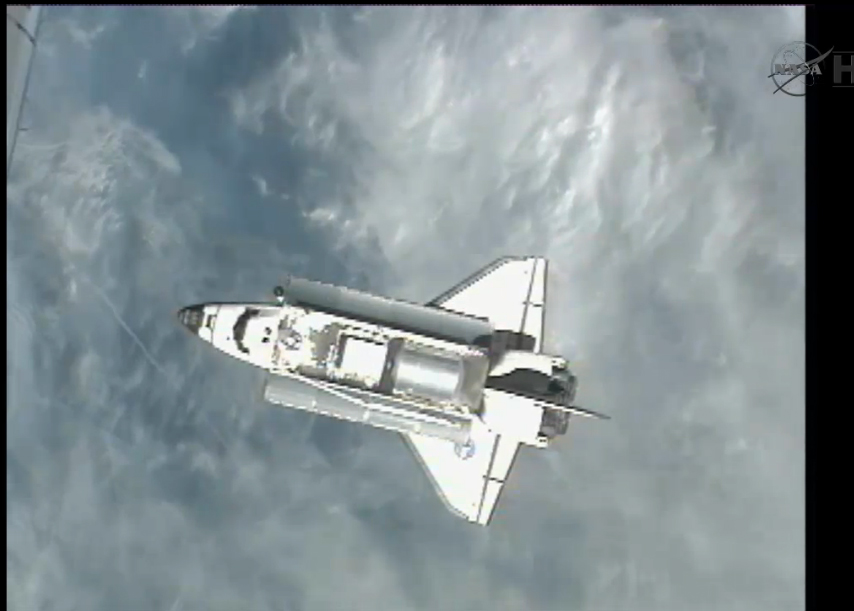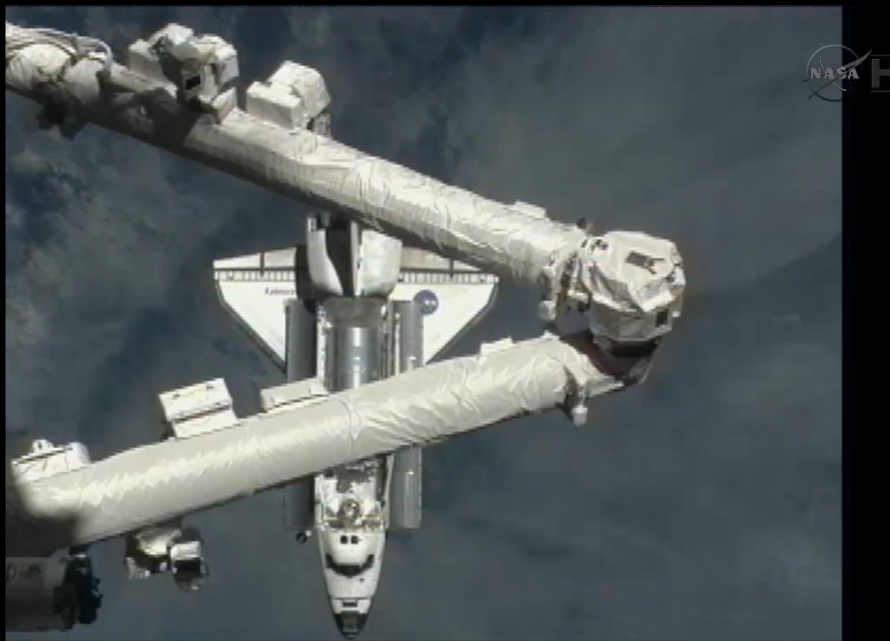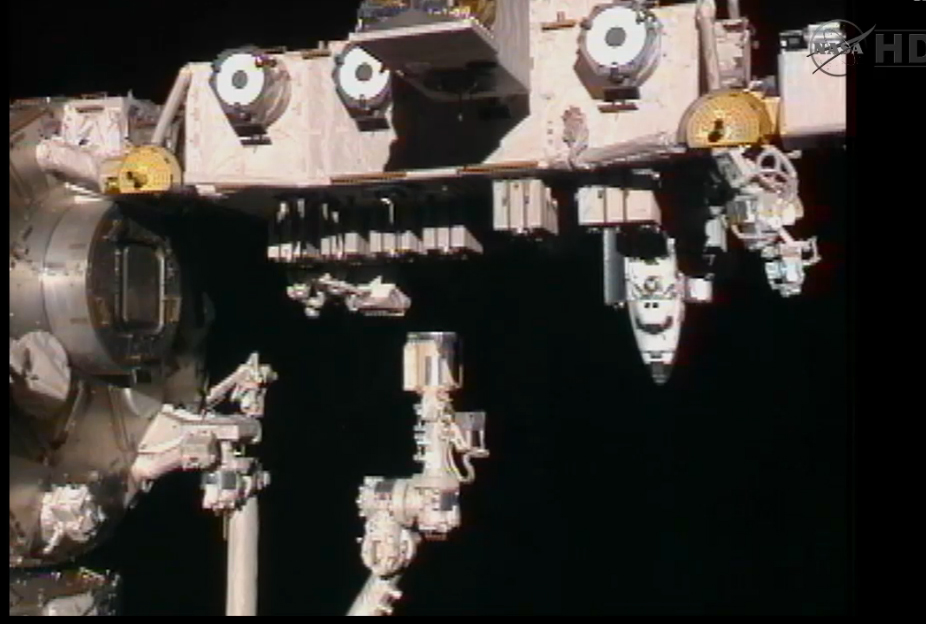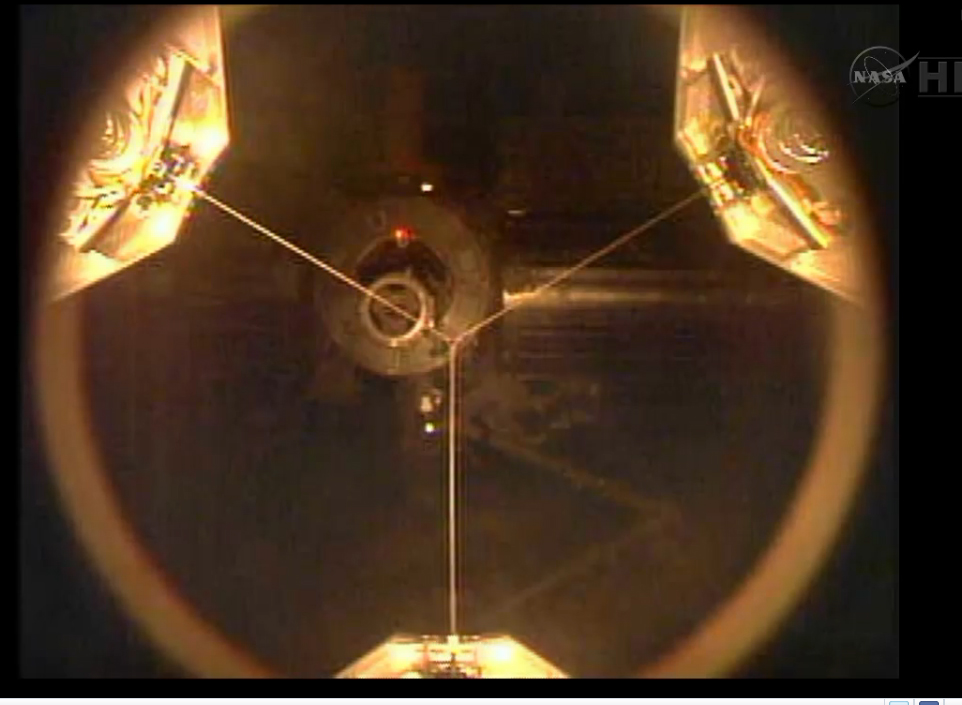Or, Listen to Eminent Scientists Talk about It
I just got a note about a very cool-sounding event that will be taking place on March 16, 2011. It’s called “A Journey into Outer Space” and presents a slate of names many folks have heard of, talking about their science and the future in space. The event features the BBC’s Professor Brian Cox, who will speak about the Large Hadron Collider and dark matter; Charles Simonyi will describe exactly what it’s like to be aboard the International Space Station; Colin Pillinger (of Beagle 2 fame) will ask if there’s anyone else out there; the inimitable Richard Holmes will chart the history of humanity’s fascination with space; Astronomer Royal Lord Martin Rees will talk about everything Big Bang-related; and Rick Stroud will chair. The event is being put on by a group called IntelligenceSquared.
Now, if you were attending this event in person, there’d be a cover charge — and a pretty reasonable one at that, of only £30.00 for regular admission or £15.00 for students. (About $48.00 USD, or €34.00. Go here to convert that to your local currency.) I think that would be well worth it, if I lived in the area. However, I don’t and so don’t lots of other people. But, the folks at IntelligenceSquared have solved that problem.
For those unable to attend the event in London in person, the organizers have a live stream available, which offers a fantastic interactive alternative for viewerers. Watching live online is free for everybody. You simply have to create a free account with your email and a password, and then enjoy the event. All the details are on their web site, linked above. Note that the time of the event is given in London time, so be sure and figure out what time that will be in YOUR time zone (and remember, some of us go on Daylight Savings Time this next weekend, so don’t forget to take THAT into account, too).
During the event, live-stream viewers will also be able to discuss the questions raised using our comment tool (including Facebook and Twitter), and vote on the motion if it’s a debate. The IntelligenceSquared folk will forward the best comments on Rick Stroud, who will then ask the panellists to answer the questions.
The organizers have a Twitter account and hashtag, so check out their tweets at: #iq2space
Many of the panelists are well known to folks in the blogosphere, and it should be an interesting time. And who knows, you might find yourself asking the Astronomy Royal or Professor Brian Cox (or any of the other panelists) a question of your own.




